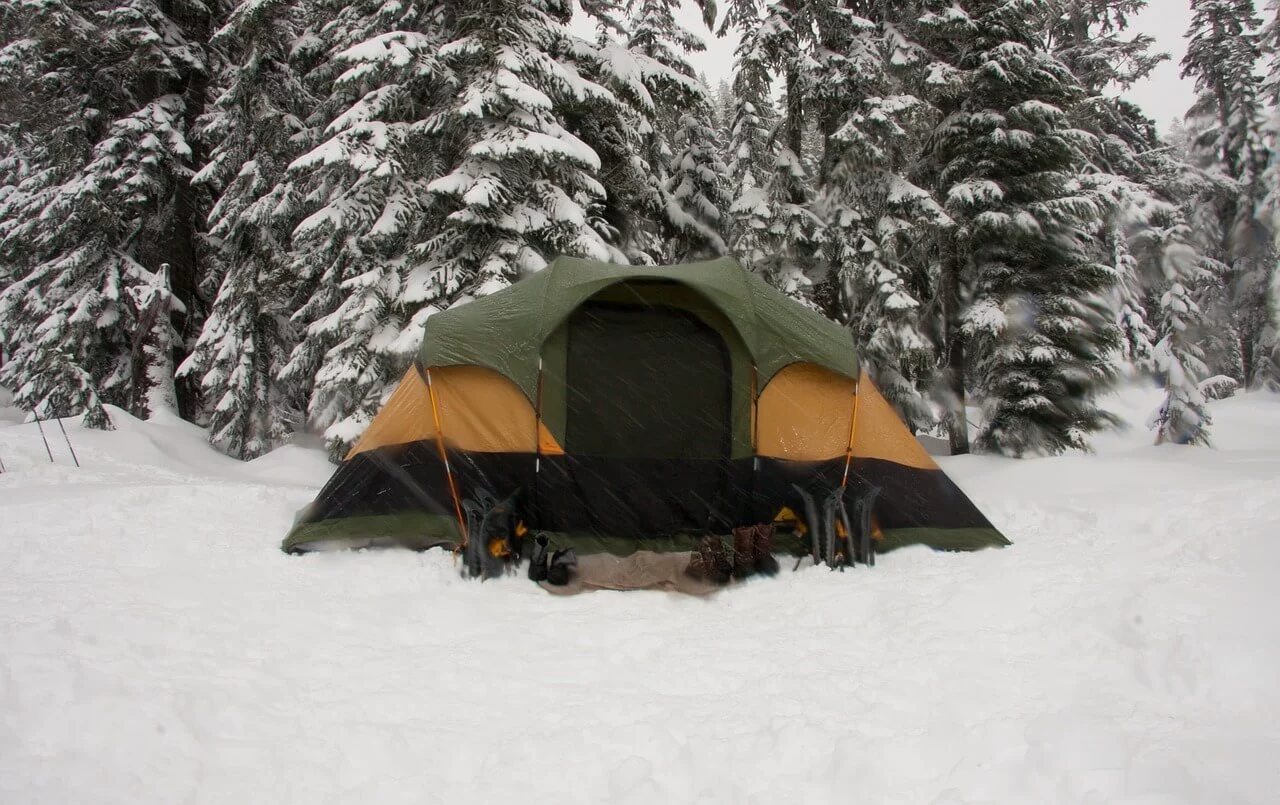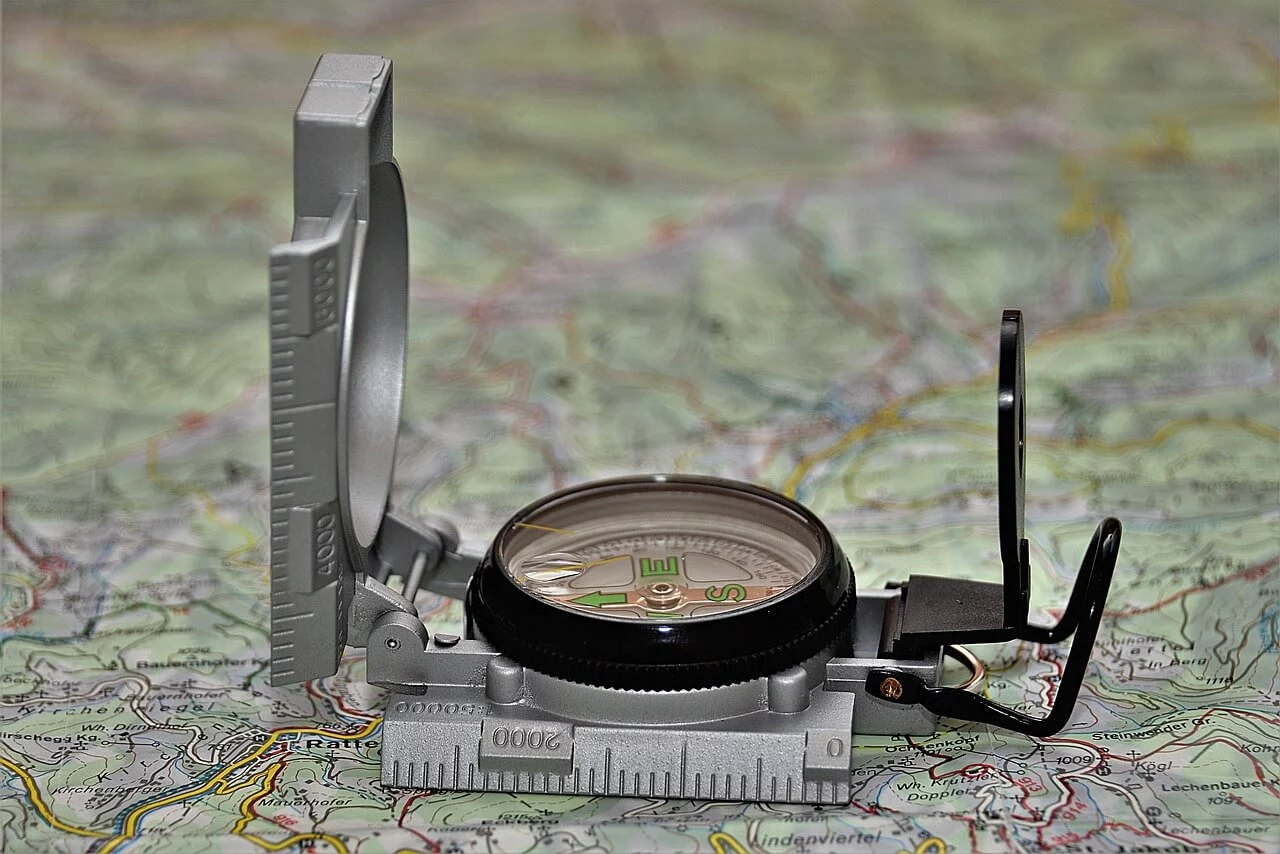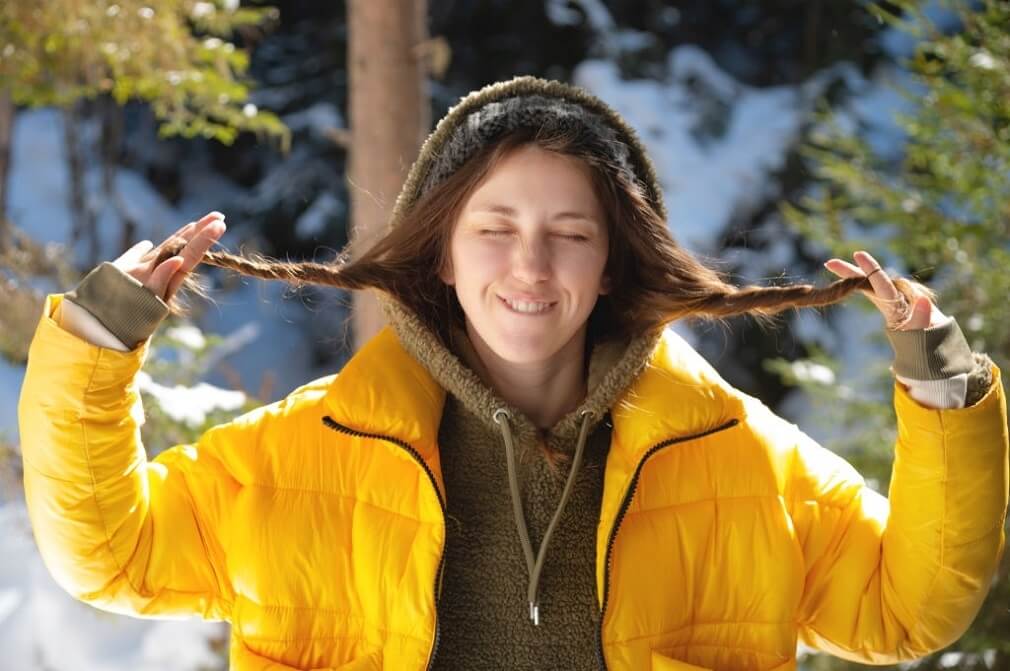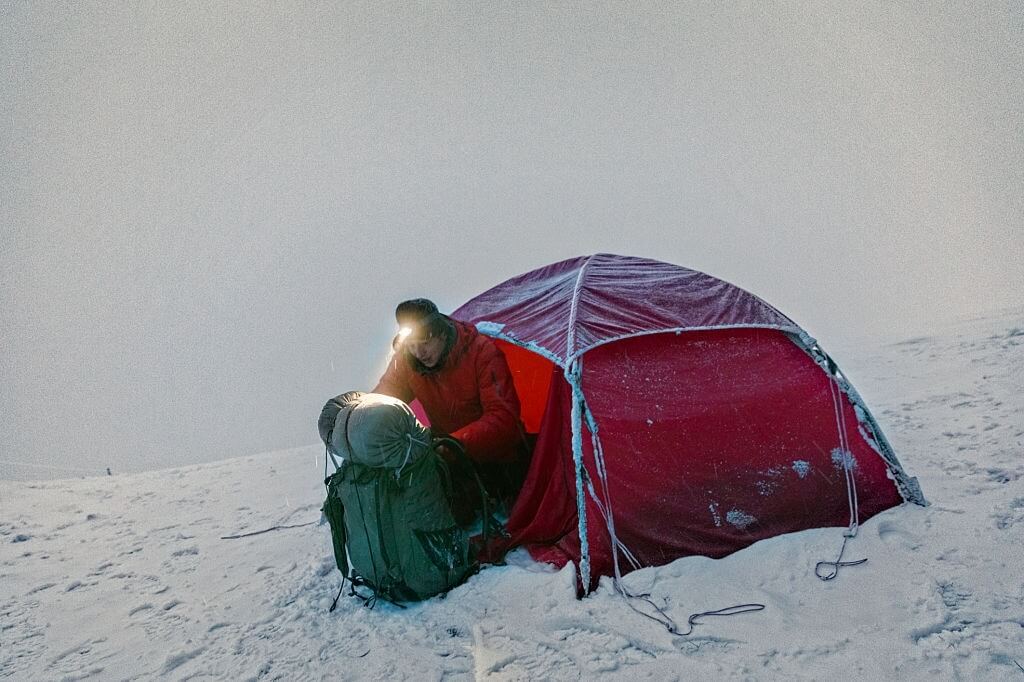- Camping Tips
- Hiking Tips
- RV Camping
- Destinations
- Blog
- Gear Reviews

Nothing is better than a weekend away camping, escaping the city lights and venturing into the backcountry. Roasted marshmallows around a campfire with friends and family, being as far away from civilization as can be is a great way to relax and be at one with nature.
That is until the bad weather comes.
At that point, you’re either a person who thrives or one who becomes a drowned-out mess with everyone being grumpy and the decision to cut your trip short become inevitable. “Never doing that again!” murmurs can be heard on the drive home.
That’s not something you want.
Here are some tips to help you have an enjoyable adventure.
A smart thing to do before going camping is to check the weather forecast and see if there are any storms or strong winds predicted for the area you will camp in.
Don’t be put off by a gloomy forecast though because when rain is forecast it often means rain showers with brighter periods in between. Still, we curated ingenious tips that will help you camp comfortably in the rain.
An important tip is that no matter what the meteorologists predict, or what you believe weather will be, it is best to plan for the worst.
The weather can change in a few blinks of an eye and it is always best to be on the side of caution when it comes to being prepared for rain, storms and the cold.
It is important that you check all gear in advance of the trip. Get all your gear out in the garage or on the driveway. Lay it out and check that you have everything for this time of the year and the area where you will be camping.
Also, perform some actions that you would normally do when you are camping. For example, try putting your waterproof gear on and pitching the tent wearing gloves. Fiddling with the guy lines when you have gloves on isn’t a walk in the park, but it will be much easier in the strong winds at the campsite if you have already practiced at home.
This will help you prepare for any bad weather conditions when you arrive at the campsite. It will also be a fun activity for the family.

Where you pitch the tent is super important, so make sure you choose it well. That means choosing higher ground if there is a choice and avoiding pitching too close to a lake or river. If it starts raining or a storm comes then you don’t want to be flooded or spending the night with the fish!
You will also want to have enough space to build a fire and have a cooking area.
Think smart if you’re choosing to camp in the woods or if there are wooded areas around the camping ground. One stray bolt of lightning in a thunderstorm could have dramatic consequences.
Also, try to find out which direction the wind is coming from. A strong wind could rip your tent so try to pitch in a protected area. You could also park your car or RV in a way to protect you from some of the wind.
Pack an extra tarp. It will come in handy by providing an extra layer between your tent and the ground, or it could be used for something else.

Nights can be cold in the wintertime. It is important to stay dry and warm, so don’t wear any wet clothes when you sleep and pack extra jumpers and clothes for the evenings. The campfire only provides so much warmth.
Hats, gloves, scarfs and layers of clothing help protect from the cold. Layering your clothing is much better than having one thick winter jacket as the air trapped in between the layers provide additional insulation.
If you get really wet then heading to a local café or restaurant might be the best idea. You can have a hot meal, dry your clothes and be ready to head back to the campsite after your walk.

Tents are designed to be stretched. So, when you are pitching the tent ensure you pull the guy lines taut to be effective. A tent can fend off the wind and rainstorms, so give it the best chance by setting it all up correctly.
Also, remember to open the vents. Water can’t get in through the tent material, but condensation can build up when it is cold outside. Some experienced campers like to leave a little gap when closing the tent door (an inch or so) to allow extra air to flow through.
There are some things that you really can’t forget when you go camping. If it turns out to be bad weather, you will really wish you had packed these:
Taking proper rain and cold weather gear each day on the trail is a must. You should keep warm and dry at all times. Use dry bags to keep all your electronics, medicines, a dry change of clothes (especially some socks!), and anything else from becoming wet.
To experienced campers, this list might seem a little trivial. But, if you’re a novice at camping in the great outdoors then this will act as a good addition to your checklist.
If you get caught in a storm or the temperature begins to drop quickly, then don’t take any chances with your health. Hypothermia can set in quick. Getting warm and dry as soon as possible is a priority. Raising your body temperature should be your key task if it happens.
It’s okay to admit defeat and call it a day on the camping adventure. If you’re all wet and cold and can’t seem to get warm, then it is okay to leave the tent and spend some time in the car or van until the bad weather passes.
Being prepared before a camping trip (like the Boy Scouts) makes good sense, especially if the weather changes and a storm comes in.
Have you ever experienced bad weather or been hit by a storm while camping? Share your tips and stories in the comments below.

Charlie Leone
Website Owner/Editor
Welcome to CampingManiacs